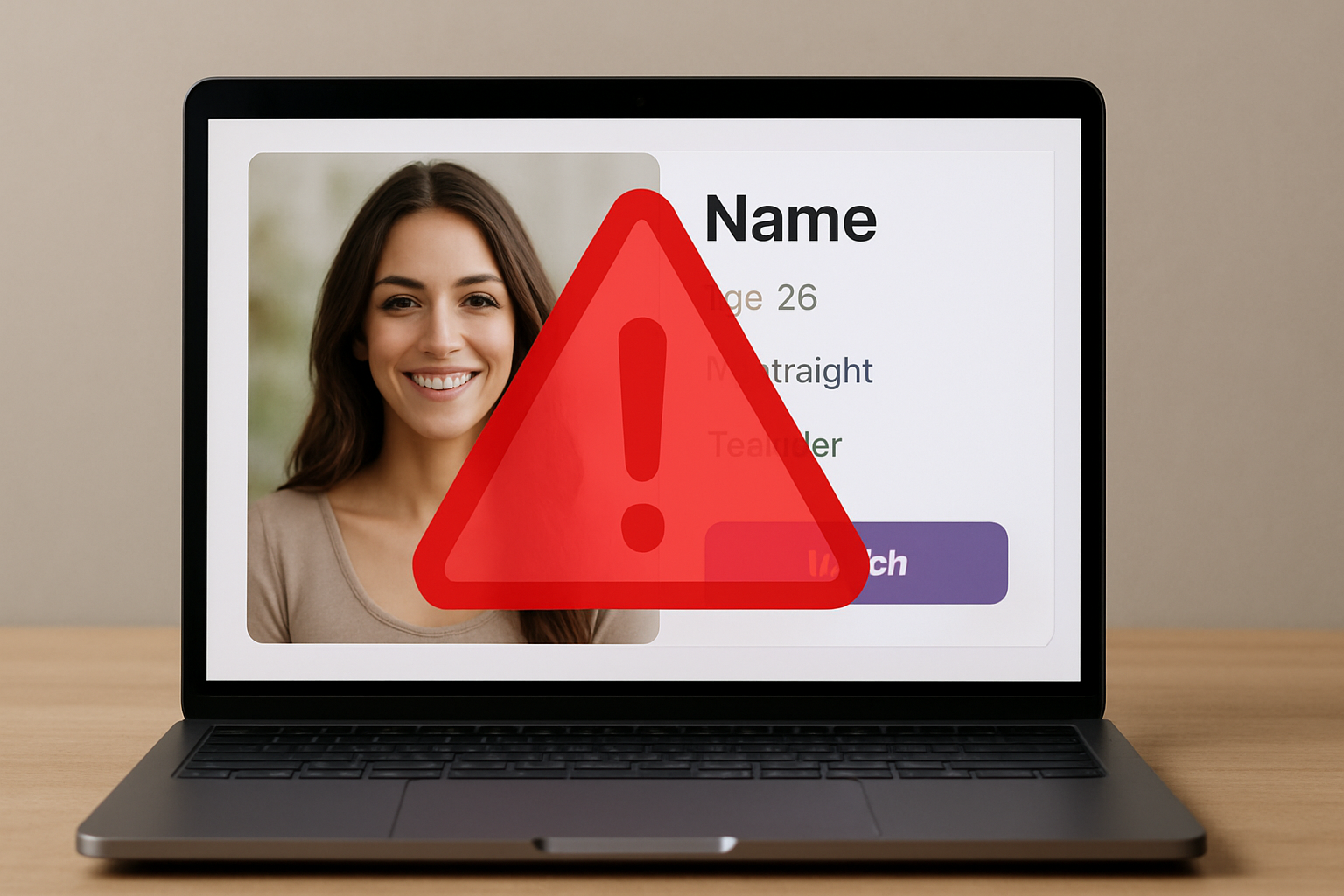Online dating can be exciting, but it also has a darker side catfishing. A catfish is someone who creates a fake identity online to deceive others, often for emotional manipulation, financial gain, or both. While catfishing has been around since the early days of the internet, the rise of dating apps and social media has made it easier than ever for scammers to hide behind fake profiles.
If you want to stay safe, it’s crucial to recognize the signs of catfishing before it’s too late. Here are ten warning signals that the person you’re talking to might not be who they claim to be.
1. They Avoid Video Calls or In-Person Meetings
One of the biggest red flags is someone who refuses to video chat or meet in person despite talking for weeks or months. They’ll often make excuses like bad internet, being too busy, or living in a different country.
Tip: If someone is genuine, they will eventually agree to face-to-face interaction, even if virtually.
2. Their Photos Look Too Perfect
Catfishers often use stolen images from models, influencers, or random people online. These pictures might look like they belong in a fashion magazine rather than an everyday profile.
How to check: Use reverse image search tools like Google Images or TinEye to see if the pictures appear elsewhere on the internet.
3. Their Story Is Inconsistent
If their personal details change like where they work, what school they attended, or their background it’s a red flag. Inconsistencies in their story often mean they’re making it up as they go.
4. They Move Too Fast Emotionally
A classic catfishing tactic is to quickly declare love or deep emotional connection. This fast-paced romance is often a way to gain trust before asking for money or personal information.
5. They Avoid Answering Direct Questions
If you ask them simple, direct questions about their life and they dodge them or change the subject, it’s a sign they may be hiding something.
6. They Ask for Money or Financial Help
One of the most obvious signs of catfishing is a sudden request for money often for emergencies, travel expenses, or business investments. No genuine person you’ve never met should be asking for your financial help.

7. Their Online Presence Is Suspiciously Small
A catfish may have only one social media account, few friends, and minimal activity. Or, their account may have been created very recently. This lack of history can be a sign of a fake profile.
8. They Have Unrealistic Life Circumstances
Be cautious if they claim to be in an extraordinary situation like being a celebrity, a millionaire, or living in a war zone. These stories are often designed to gain sympathy or admiration.
9. They Avoid Publicly Tagging or Posting With Others
If their profile shows no pictures with friends, family, or coworkers, it’s worth questioning why. Real people typically have at least some social connections visible online.
10. Gut Feeling Something Isn’t Right
Trust your instincts. If something about their communication, story, or behavior feels off, it probably is.
How to Protect Yourself from Catfishing
- Always verify someone’s identity before trusting them.
- Avoid sharing sensitive personal or financial information early on.
- Suggest video calls early in the conversation.
- Use trusted dating platforms with verified profile features.





